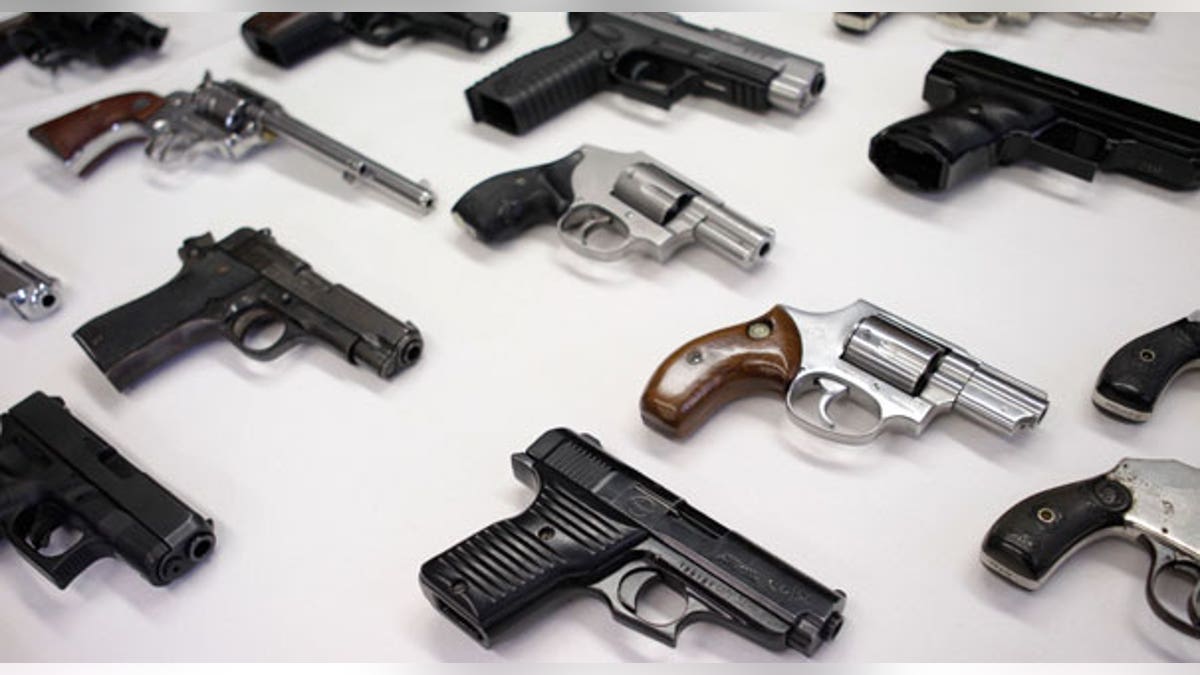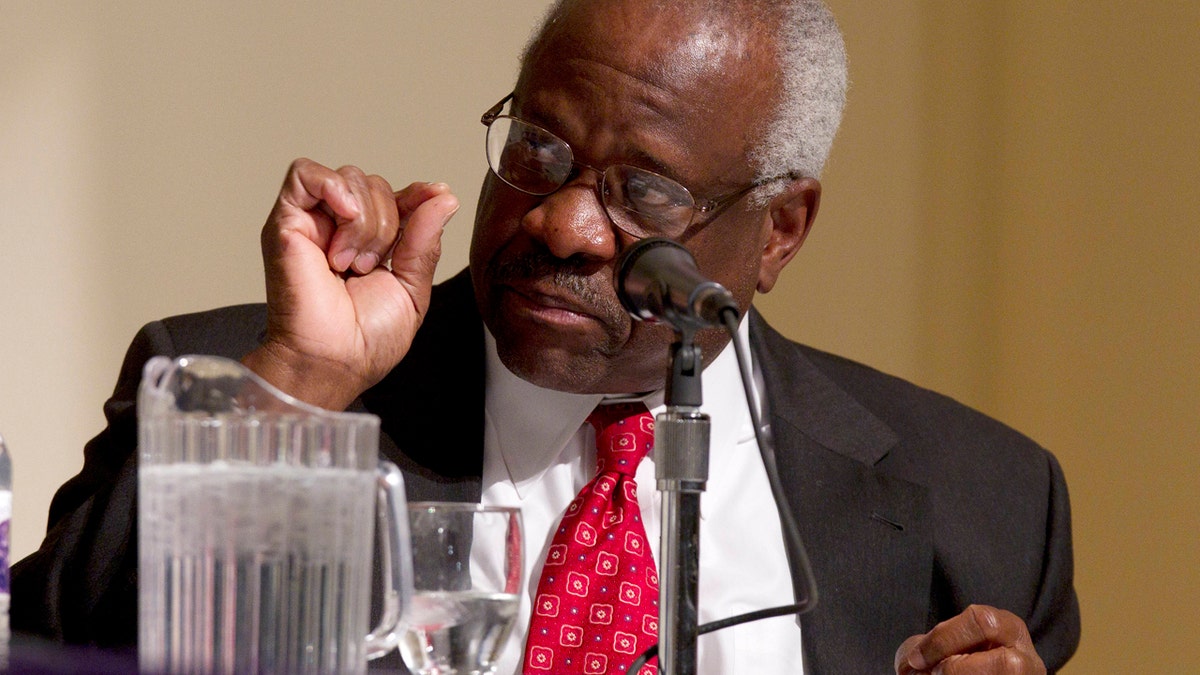
AP Photo
Can government deny Americans one of our most important rights, specifically protected by the Constitution’s Bill of Rights, unless we can prove that we really, really need and deserve it? Thankfully, a federal appeals court has ruled in favor of our rights and against government overreach.
The 2-1 decision Monday came from the U.S. Court of Appeals for the District of Columbia. The court issued a permanent injunction stopping the local Washington, D.C., government from denying people the right to carry concealed handguns in the nation’s capital unless they could convince local officials they had a special and compelling need to protect themselves.
Though this ruling only affects Washington, D.C., it might have national consequences.
Just last month, the U.S. Supreme Court declined to hear a case (Peruta v. California) that addressed this very question, arising out of a local policy in San Diego, Calif. California, Maryland, New Jersey and New York have concealed-carry rules similar to those struck down by the appeals court in Washington.
The Supreme Court can only hear a case if four justices agree to review it. Only Justices Neil Gorsuch and Clarence Thomas said the high court should hear the Peruta case. When the court denied a hearing, Justices Gorsuch and Thomas wrote an eight-page dissent so filled with passion that it doesn’t seem a leap to imagine the late Justice Antonin Scalia whispering as a muse in their ears.

FILE - In this Jan. 26, 2012 file photo, Supreme Court Justice Clarence Thomas speaks at College of the Holy Cross in Worcester, Mass. Thomas says the Supreme Court confirmation process is an example of how the nations capital is broken in some ways. Thomas reflected Oct. 26, 2016, on his 25 years as a justice, at the Heritage Foundation, the conservative think tank where his wife once worked. (AP Photo/Michael Dwyer, File) (AP)
Justice Thomas wrote: “Even if other Members of the Court do not agree that the Second Amendment likely protects a right to public carry, the time has come for the Court to answer this important question definitively.”
Thomas then pointed out that in “the county where petitioners reside, the sheriff has interpreted ‘good cause’ to require an applicant to show that he has a particularized need, substantiated by documentary evidence, to carry a firearm for self-defense. The sheriff’s policy specifies that ‘concern for one’s personal safety’ does not ‘alone’ satisfy this requirement.”
The dissenting justices were asking a critically important question regarding the San Diego case: Is there is a right to bear arms – as the Second Amendment to the Constitution clearly states – or isn’t there?
Edward Peruta and the other plaintiffs in the San Diego case weren’t able to obtain concealed-carry handgun permits because they couldn’t prove to the local sheriff’s satisfaction that they needed to protect themselves. In fact, San Diego County Sheriff William Gore had barred almost everyone from exercising their constitutional right to bear arms.
The few people who received permits had to beg, plead and show imminent danger to their lives through restraining orders and other legal documentation before Sheriff Gore was compelled to grant a woman being stalked or some other unfortunate person their right to bear arms.
Now, imagine if a local sheriff or other official was permitted to treat other constitutionally protected rights this way.
Could a police officer search your home without a warrant if you don’t have some state documentation showing you particularly need your Fourth Amendment rights?
Could a district attorney require you to testify against yourself unless you somehow proved to his or her satisfaction that you really, really need your Fifth Amendment right against self-incrimination?
Would you need to justify your First Amendment right to freedom of religion by showing that exercising your particular religious beliefs was absolutely necessary?
This absurd treatment of the U.S. Bill of Rights obviously doesn’t even pass the laugh test and would endanger our basic liberties.
Nevertheless, this is where some want to take government. While history clearly shows that the Bill of Rights was adopted to place limits on government, some on the left incorrectly believe the document actually gives government broad powers over the American people unless those powers are specifically denied.
I researched and wrote my new novel “Kill Big Brother” to alert the public to the dangers posed by this view, which threatens our freedom in the digital age.
In the new appeals court decision upholding Second Amendment rights in the nation’s capital, (Wrenn v. District of Columbia) two out of three judges got it right. The ruling was authored by Judge Thomas Beall Griffith, a 2005 George W. Bush appointee, and Senior Judge Stephen F. Williams, a 1986 Ronald Reagan appointee.
In the majority opinion, Judge Griffith wrote: “At the Second Amendment’s core lies the right of responsible citizens to carry firearms for personal self-defense beyond the home, subject to longstanding restrictions…. The District’s good-reason law is necessarily a total ban on exercises of that constitutional right for most D.C. residents. That’s enough to sink this law under (the 2008 U.S. Supreme Court’s Heller ruling).”








































